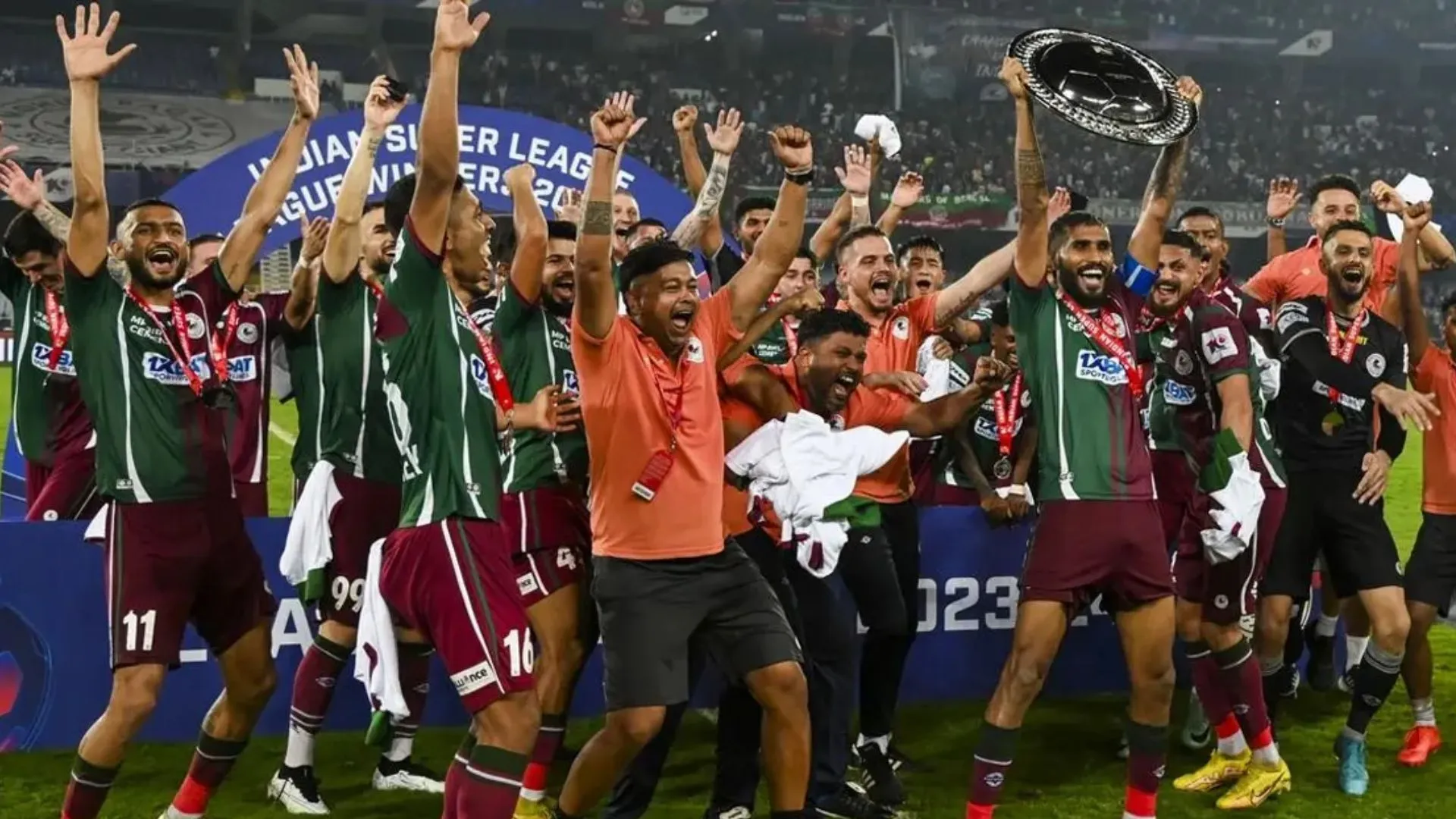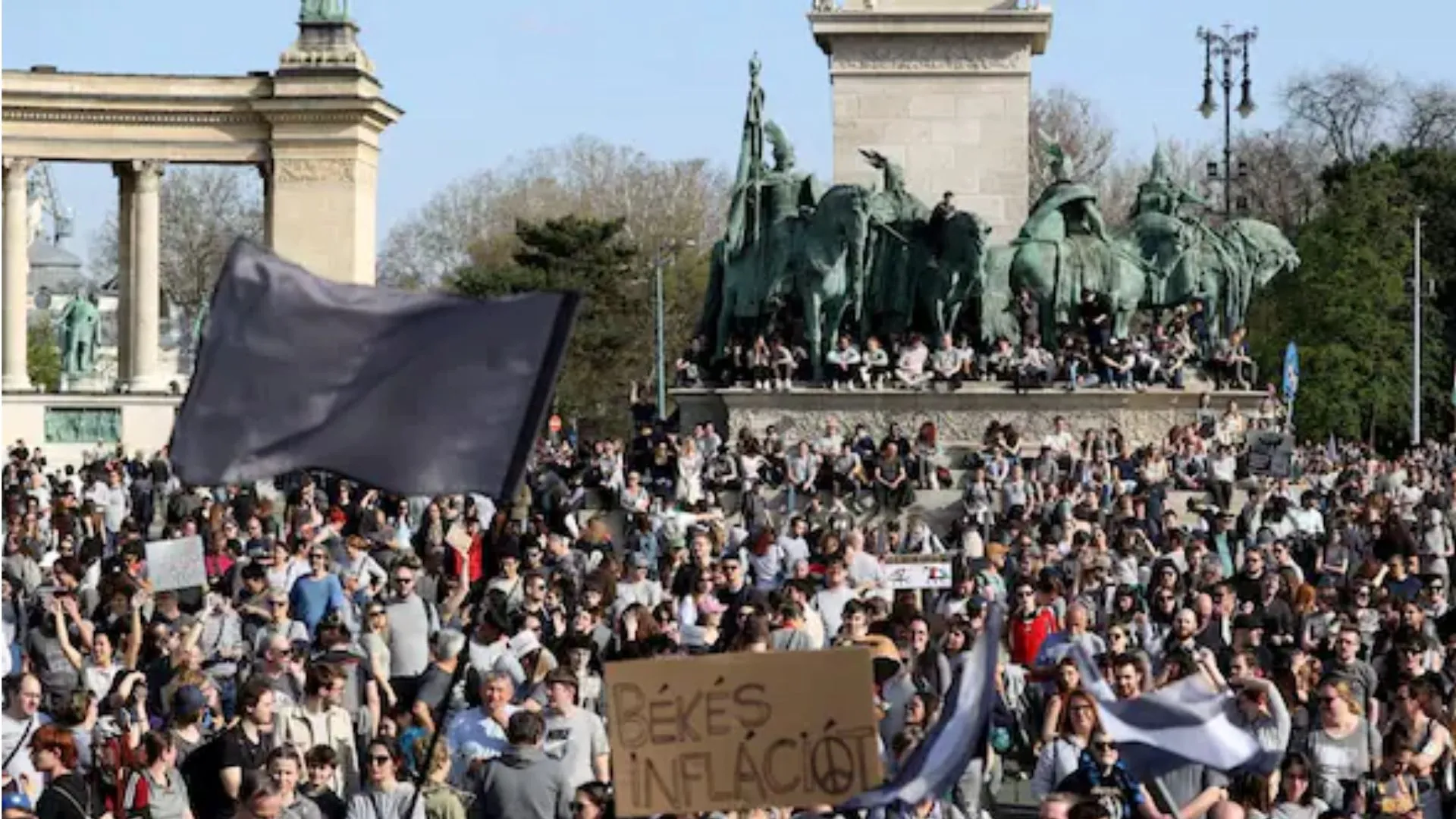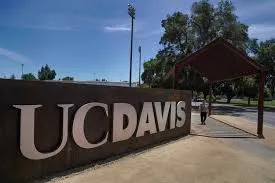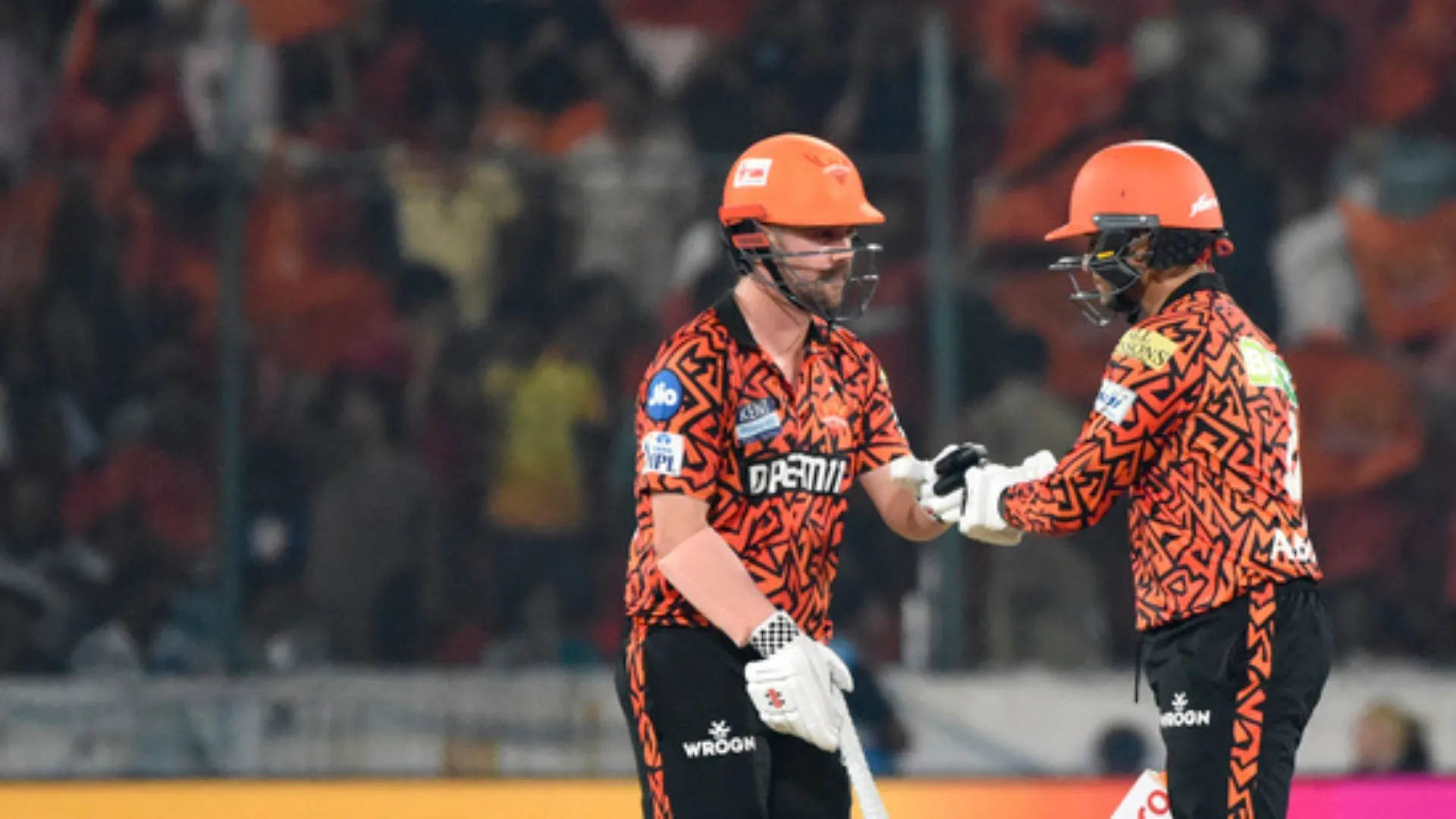Manipur Chief Minister N Biren Singh on Monday said that his government has filed an FIR against the president and three members of the Editors Guild of India (EGI), accusing them of trying to provoke clashes in the state. Singh told a press conference that at a time when many have been killed and left homeless, the EGI published a “totally one-sided” report without understanding the complexity of the crisis faced by Manipur, the background and the history of the state. The report, published last week, critiqued media coverage out of Manipur, a state which has suffered ethnic clashes for the last four months. It criticised one-sided reporting by some media outlets, slammed the internet ban as being detrimental to press reporting and claimed there were indications that the state leadership had turned partisan during the conflict period.
Besides EGI President Seema Mustafa, those who were booked are the three senior journalists—Seema Guha, Bharat Bhushan, and Sanjay Kapoor—who visited the state between 7 and 10 August to study media reportage on the ethnic violence. “They are anti-state, anti-national and anti-establishment (people) who came to pour venom. Had I known it before, would not have allowed them to enter,” the CM claimed. The EGI in its report published on Saturday said it received several representations that the media in Manipur was playing a partisan role in the ongoing ethnic conflict between the Meitei and Kuki-Chin communities.
In normal circumstances, the EGI said, reports filed by journalists are cross-checked and monitored by editors or bureau chiefs from the local administration, police and security forces, but this was not possible during the conflict. “The internet ban made matters worse. Communication blockade by the government had a deleterious effect on journalism as it directly impacted the ability of journalists to communicate with each other, their editors and their sources. It also impacted the media because local news gathered without any communication links was not sufficient to give a balanced view of the situation.” It said members of the state leadership labelled sections of the Kuki-Zo tribals as “illegal immigrants” and “foreigners” without any reliable data or evidence.
The Editors’ Guild members were booked under various sections of the IPC including 153A (promoting enmity between two communities), 200 (using false declaration as true), 298 (deliberate intent to wound religious feelings), and under provisions of the Information Technology Act and Press Council Act. “…I also give a warning to the members of the Editors Guild, if you want to do something, please come to the spot, see the ground reality, meet the representatives of all communities, all victims and publish what you found. Otherwise, meeting some sections of the people only and coming to a conclusion—that’s a disservice and is condemnable,” Singh said.

















